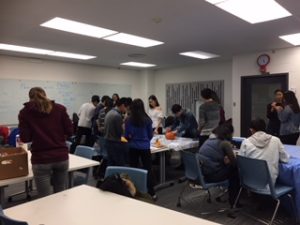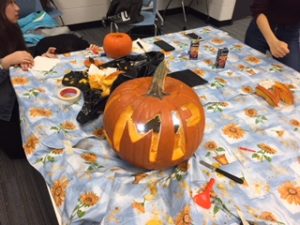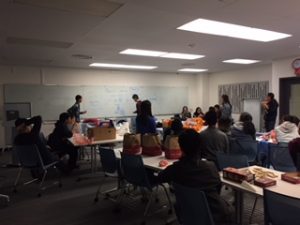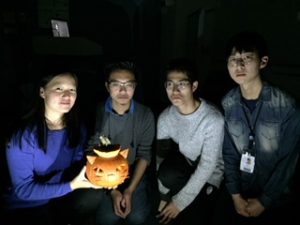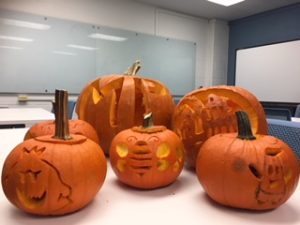https://lmp.utoronto.ca/news/navigating-neurodegeneration-lmpsus-successful-conference-brain-matter
By Jenni Bozec
On Saturday, January 13, many braved the wintery weather to attend the “Why Brain Matter Matters: Navigating Neurodegeneration” conference organized by the LMPSU (Laboratory Medicine and Pathobiology undergraduate Student Union). The event proved to be a resounding success, drawing a diverse crowd of well over 400 attendees, including undergraduate and graduate students, faculty, members of the public and alumni.
The LMPSU chose the topic to shed light on the intricate world of neurodegeneration, a pressing issue in contemporary biomedical and clinical research. The conference was designed to allow speakers and attendees to delve into the complexities of brain matter and the challenges posed by neurodegenerative disorders in a way that was accessible to a broad audience.
The conference featured a diverse array of speakers from the Temerty Faculty of Medicine at the University of Toronto who are leading researchers in the field of neurodegeneration. The day kicked off with Dr. Gabor Kovacs who explained the background to Neuropathology and tauopathies, including his own research on neuropathology of neurodegenerative diseases to identify early biomarkers and therapy targets.
He was followed by Dr. Martin Ingelsson on “Development of novel therapies for Alzheimer’s disease and Parkinson’s disease”. Dr. Carmela Tartaglia presented her research on the role played by repeated concussions on the development of neurodegenerative diseases such as Parkinson’s. Dr. Karun Singh spoke on “Applications of human neural organoids to study neurological disorders”, then Dr. Olga Rojas examined how what was happening in our gut can affect our brain. Dr. Jeehye Park then discussed her research in using mouse models to identify the early events in ALS pathogenesis.
The final speaker of the day, Dr Michael Pollanen, focussed on the human cost of neurodegenerative conditions. Using his research on Nodding Syndrome in Uganda as a framework, he brought home the effect neurodegeneration can have on families and communities. He also tasked the young research students in the room with ensuring that their future research challenges the status quo of focussing on those diseases affecting white individuals of European descent in the field of brain research.
The conference successfully created a dynamic space for learning and understanding. LMPSU Co-President Rachelle Lee said, “It has been seven months of hard work so now it is great to see it finally come to life. I love seeing all these amazing researchers able to share their knowledge with the audience in this way”. LMPSU External Affairs Officer, Linus Schweizer, added, “The conference is a fantastic learning experience and an opportunity to meet like-minded students and faculty. It gets a broad range of people together under one roof where we can discuss really important topics like this. We’re such a great research institution but it can be a little intimidating – this was an opportunity for undergraduate students to access these expert researchers and get inspired.”
LMPSU’s meticulous planning and hard work were evident in the seamless execution of the conference. Speaker, Dr. Pollanen, commented, “I can’t believe this conference was organised by undergraduate students. It was so well run and they managed to attract an excellent range of speakers and a broad audience. They’ve worked incredibly hard, and it shows, I was very impressed.”
Dr. Jeff Lee, undergraduate co-ordinator of the LMP Specialist Program, commented, “I am always very impressed by our undergraduate students and what they can achieve but I think this year they excelled. The turnout and engagement for this conference has been fantastic and shows what a great platform it is for engaging undergraduate students and many others with the incredible research happening at the University of Toronto. I can’t wait to see what they do next year!”
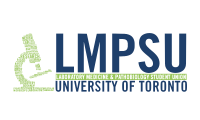
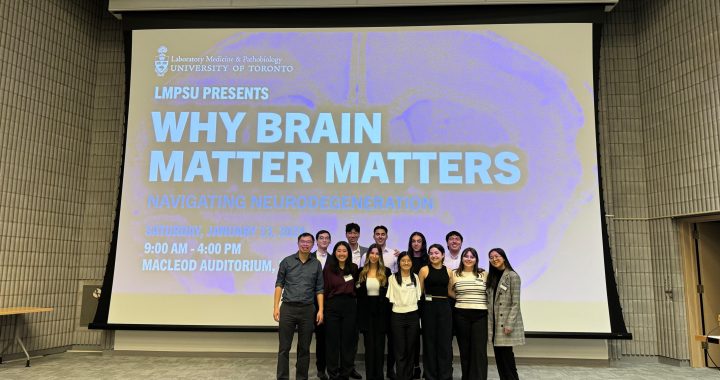
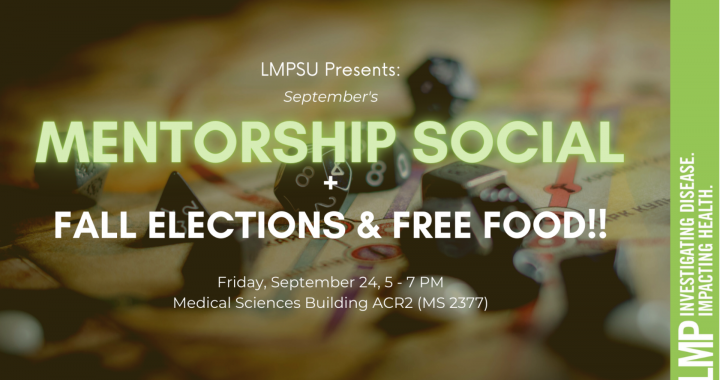
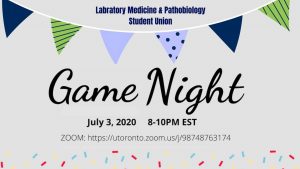
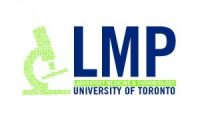
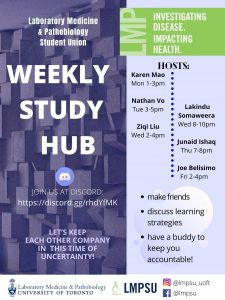
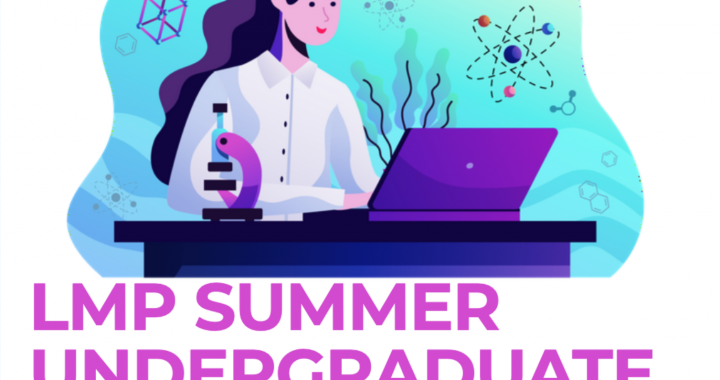
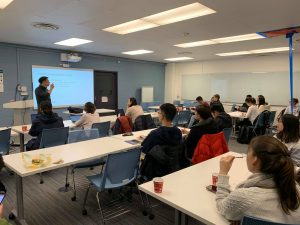



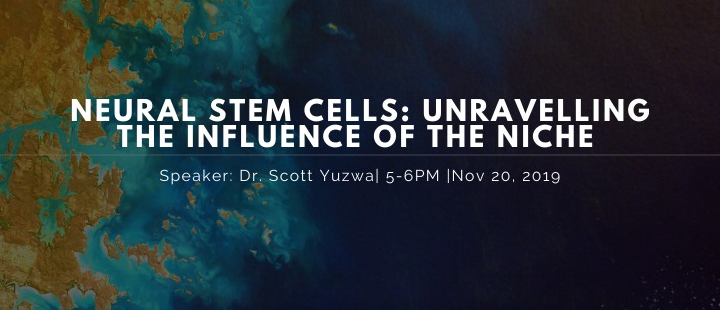



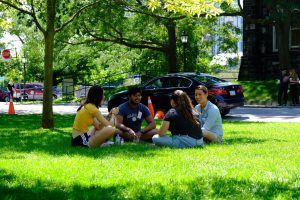
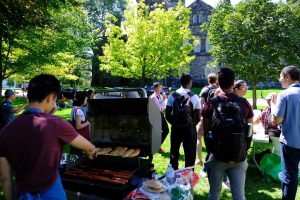
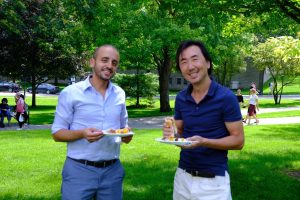
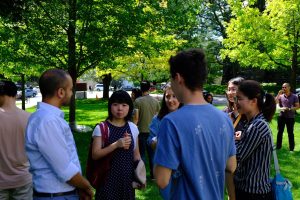
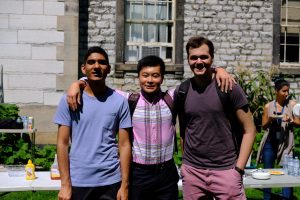

 Hey everyone! There will be an event tomorrow afternoon at the MaRS building, featuring Dr. Brooke Laflamme. All are welcome as we discuss how to maximize the impact of a manuscript. Please see the attached photo for all the details. Hope to see some of you there!
Hey everyone! There will be an event tomorrow afternoon at the MaRS building, featuring Dr. Brooke Laflamme. All are welcome as we discuss how to maximize the impact of a manuscript. Please see the attached photo for all the details. Hope to see some of you there!



